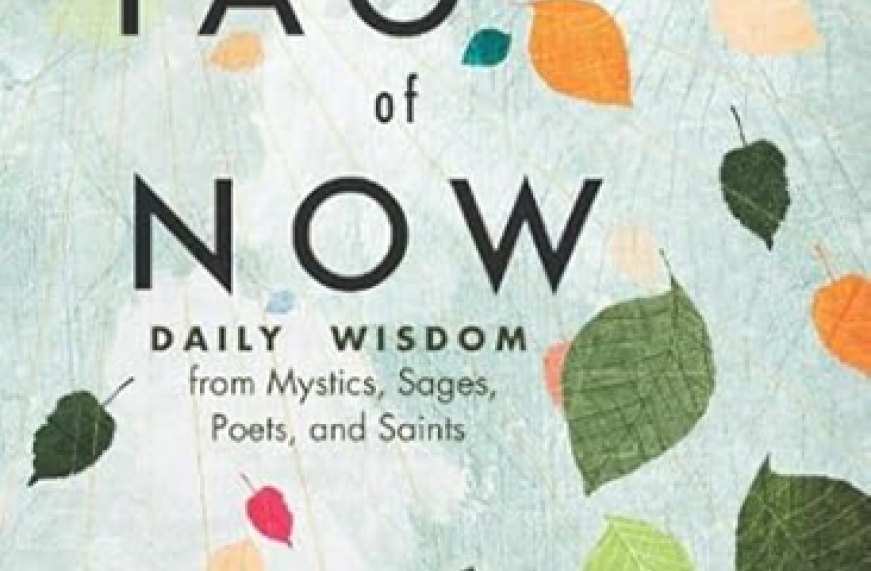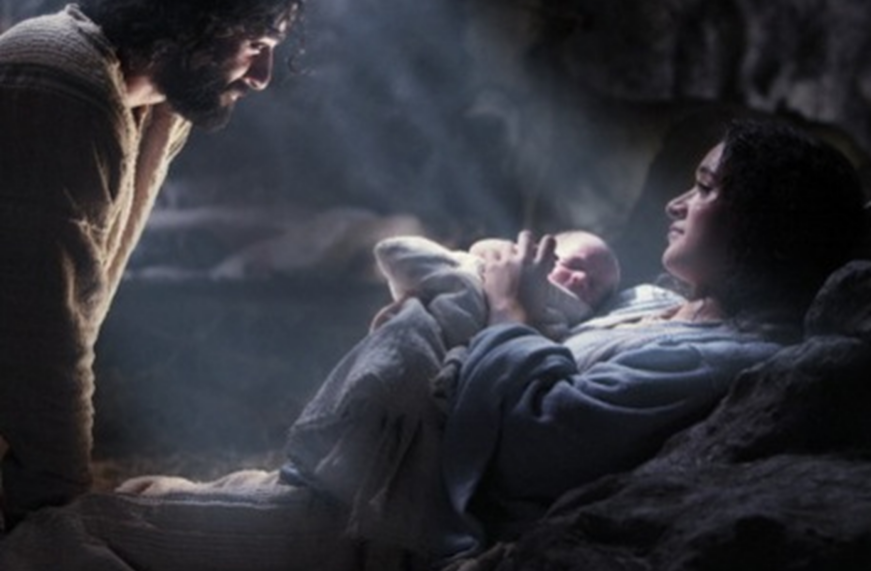It's Now or Never

“It’s now or never” goes a song popular many years ago. Just those few words seem like an interesting mantra as we swing into 2024. A common practice is to look back on the old year and recall all that happened over the past 365 days—the good, the challenging, and the not-so-good. And, of course, looking ahead, there are those New Year’s resolutions that seem to collapse on themselves in no time.
So, this year, what if we took a different view and focused on the NOW. Josh Baran in his book entitled, The Tao of Now: Daily Wisdom from Mystics, Sages, Poets, and Saints, offers some insightful word-bites that can shake us into a clearer understanding of why living in the now makes perfect sense:
- Wherever you are is the sacred place.
- Were you planning to wait for tomorrow to be alive?
- People often say, “Life is passing me by. How is this possible with life always unfolding in this precise instant?
- You are always Here. Where else could you be? What a relief.
- Finally, it has penetrated my thick skull. This life—this moment—is no dress rehearsal. This is it.
- Listen to your life. All moments are key moments.
- What are you waiting for?
- Fill in the blank: “I will be happy when ______.” Really?
Even Albert Einstein weighs in on the value of now: “There are two ways to live your life. One is as though nothing is a miracle. The other is as though everything is a miracle.” Pearl Bailey is attributed with saying, “People see God every day; they just don’t recognize him.” And of course, in the Book of Exodus we’re to simply look down: “Take off your shoes. The ground where you stand is holy ground.”
Famous Brother Lawrence of the 17th century offers us a prayerful approach to being in the now through the practice of the Presence of God. He writes: “Make a sacred and intentional decision now, never to leave God willingly, and to live the rest of your life in this holy presence…. Start where you are. Do your best.” I was especially consoled by his words to those of us in our “mature” years: “Practice the presence diligently in your last days. Better late than never.”
So, as we step into this new year, perhaps we can be aware of what is happening right NOW and keep it simple. God is here. It’s a miracle. This is it! Happy New Year!


